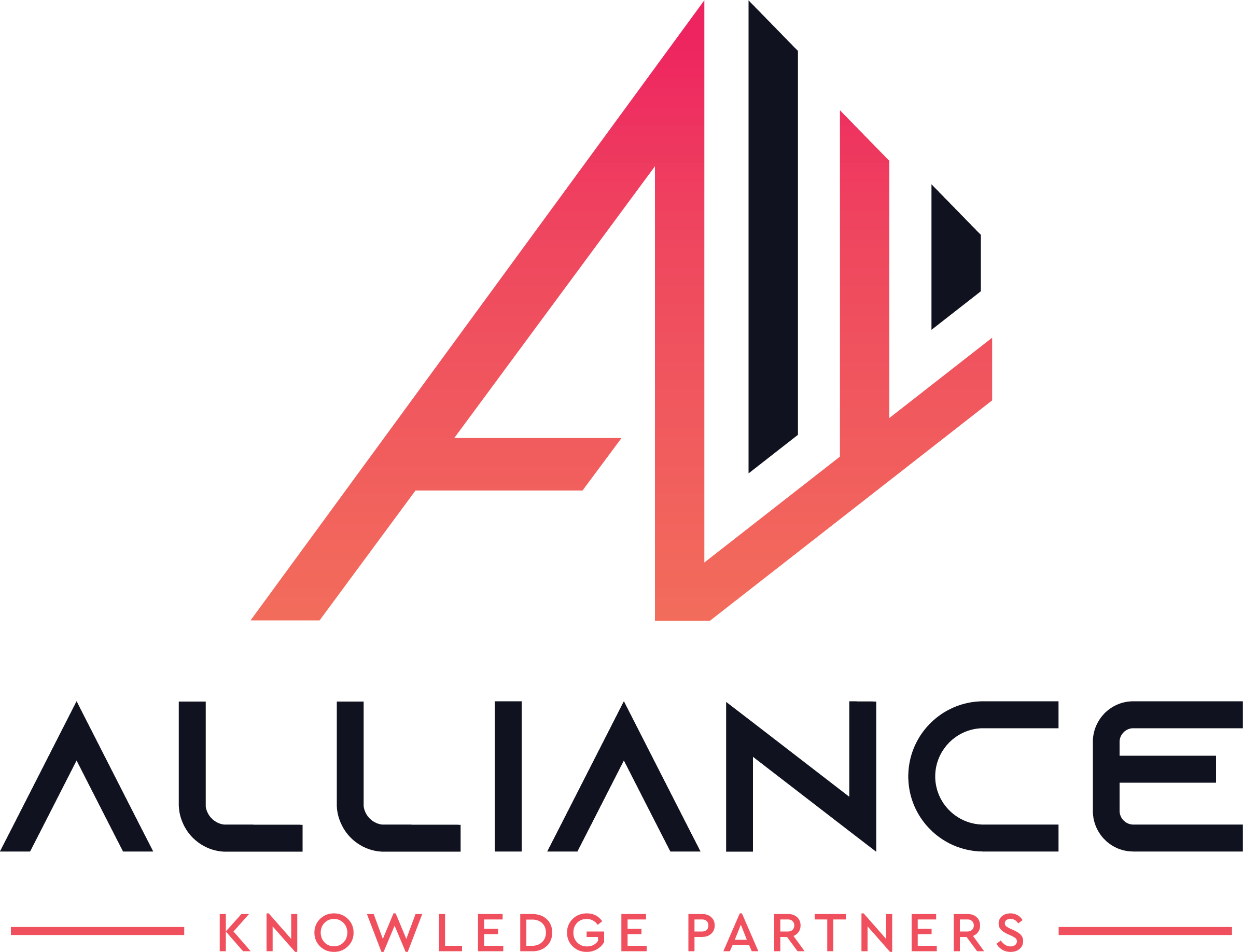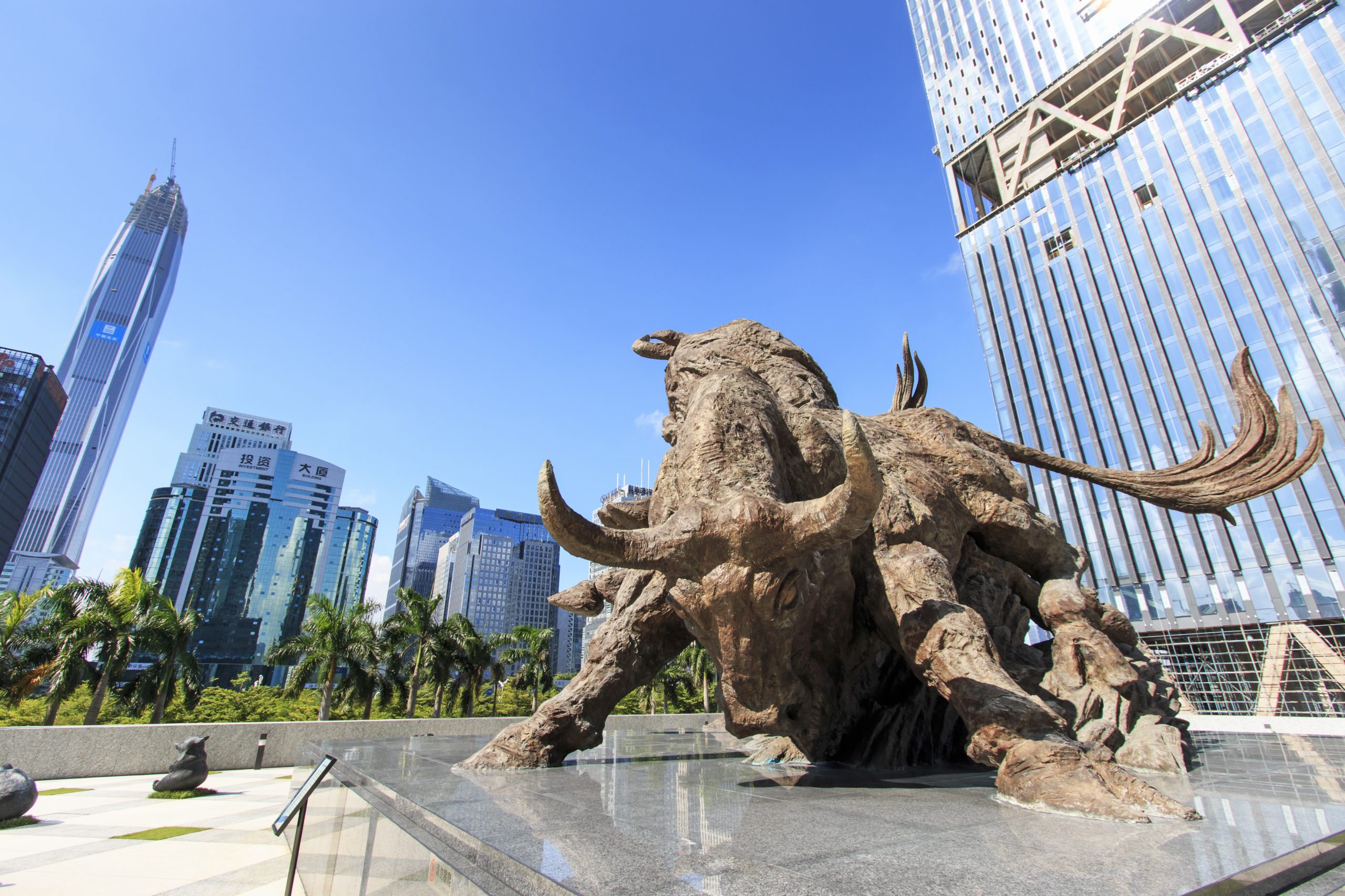Markets worldwide are having a frenzied rally, with Indian markets touching an all-time high every other day. Many private companies are leveraging this opportunity to launch an IPO. The retail and HNI Participation have been robust, with many companies generating hefty listing gains. But Imagine if a Company asks you to invest money and there is no underlying business, revenue, or assets to show for. Would you invest in that company ? or even would a regulator allow such companies to raise money from the primary markets?
Well, this is happening in developed markets around the world, especially in the US. These Companies are Known as Special Purpose Acquisition Companies (SPAC).
What are SPACs?
SPACs are Shell Companies without any commercial operations but are created for the sole purpose of raising money through IPO and using that to acquire a private company. This is formed by an experienced management team or a sponsor, with nominal invested capital typically equal to 20% interest in SPACE. The remaining 80% is held by the public. With the shares, investors are also provided with warrants, which can then be converted to shares later.
What is done with money after it is raised?
Once the money is raised, it is placed in an escrow account and is invested in certain risk-free assets, typically government bonds. The SPAC Stock is traded like any other company shares in the stock market. Following the IPO, management has two years to find an acquisition target and complete the merger with the target company. If the management or the sponsor fails to do so, the SPAC is liquidated, and the money is returned to the shareholders. Whereas if the Sponsor identifies a target company, the SPAC needs a shareholders approval, if and then the merger can proceed.
Who could raise money through the SPAC?
Probably anyone who has a good reputation is well known and can persuade people can raise money. The closest analogy that I can think of is mutual funds, where the money is polled, and the fund manager invests in various public companies. The investors don’t have control of the fund manager in which company the fund manager is going to invest, but they can judge whether the fund manager would be able to grow the capital or not.
Why is SPAC Preferred?
There are several ways a private company can go public, the most common route is through the traditional IPO, then there is a direct listing, and the last one is through SPACs. Traditional IPOs have to go through regulation, investor scrutiny, Underwriting process, roadshows. This is a long, time-consuming, and costly process for companies. Few companies like Slack and Spotify went public through Direct Listing, saving on fees and investor scrutiny. Direct Listing does not allow you to raise capital. SPACs, on the other hand, are just shell companies, so their success depends on the track record of the management team. There is not much regulation involved as there is no underlying business.
Well Renowned SPACs
- Reid Hoffman (co-founder of LinkedIn) and Mark Pincus (founder of Zynga) raised a $600 million SPAC through Reinvent Technology Partners.
- Chamath Palihapitiya (a prominent Silicon Valley investor) formed a $600 million SPAC called Social Capital Hedosophia Holdings, which ultimately acquired a 49% stake in the British spaceflight company Virgin Galactic.
- Gary Cohn (former president and COO of Goldman Sachs and former President Trump adviser) raised $828 million through the Cohn Robbins Holdings Corp. SPAC.
- Hedge fund manager Bill Ackman raised a $4 billion SPAC, Pershing Square Tontine Holdings.
- Palihapitiya and Ian Osborne raised $2.4 billion through three SPACs (Social Capital Hedosophia Holdings Corp. IV, V, and VI) to effectuate business combinations in the tech sector, in offerings by Credit Suisse as sole bookrunner.
- A $2.57 billion SPAC combination was proposed between E2Open (a supply-chain software provider) and CC Neuberger Principal Holdings.
- A $1.3 billion merger was announced between Billtrust and South Mountain Merger.
How Does the Sponsor Make Money?
The Management receives the Shares at a heavily discounted price.SPAC Sponsor gets 20% of Equity Share in the SPAC for an investment of 3% to 4% of the IPO Proceeds. For Example, the initial Shareholders of Chamath Palihapitiya’s Social Capital got a 20% share at $0.002, while the public got the remaining at $10 per share. In a $250 million SPAC, the sponsor typically receives approximately $60 million of common stock for a $7 million investment in warrants.
The recent popularity in SPACs is likely due to various reasons. Many companies, especially loss-making startups, have risk going through the IPO route. The other reason might be the improvement in regulation of SPACs. Many famous investors like Bill Ackman, Chamath Palihapitiya have been quite vocal, increasing the investor’s confidence in SPACs.








No comment yet, add your voice below!